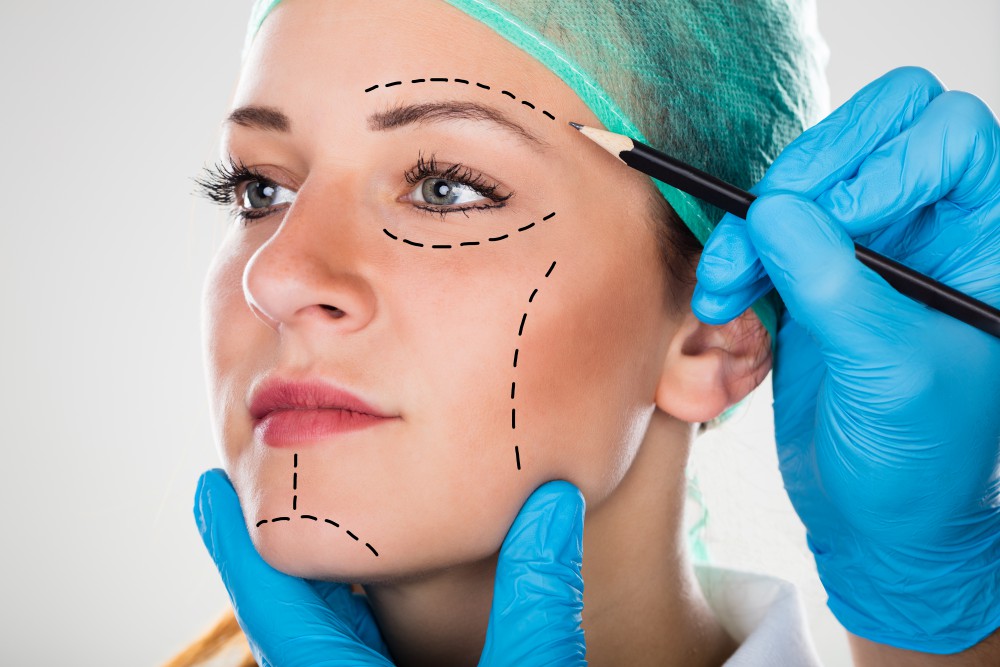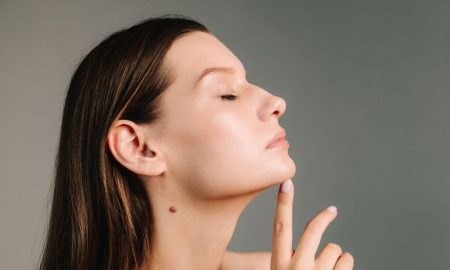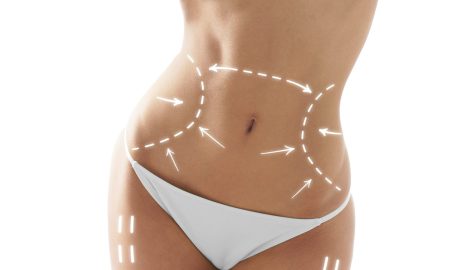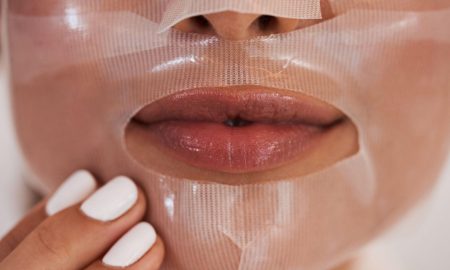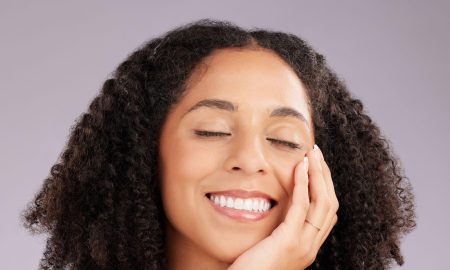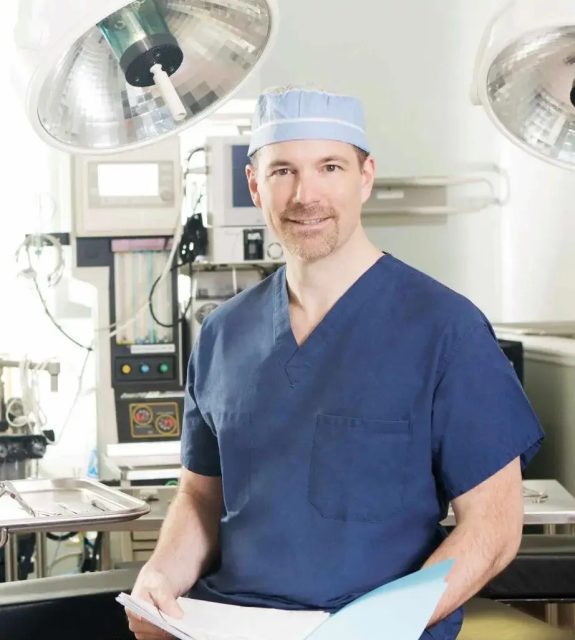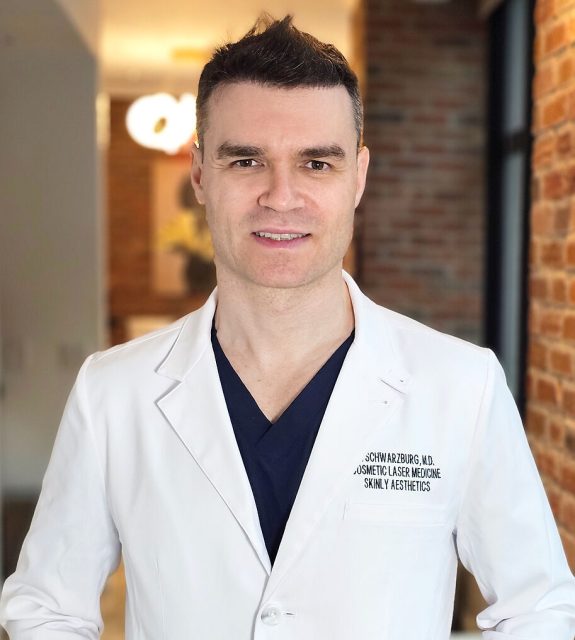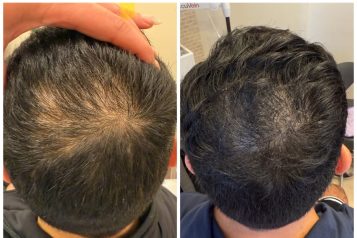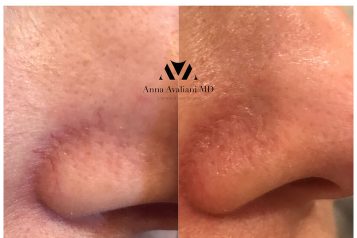It's no secret everyone strives to achieve the perfect smile. Whether through teeth whitening, veneers, surgical revisions and everything in between, cosmetic dentistry is at an all-time high demand by patients who are on the hunt for a picture-perfect smile. Haute Beauty caught up with Dr. Rhonda Kalasho who dishes on how you can achieve the smile you desire with clear aligners, how it compares to traditional braces and more.
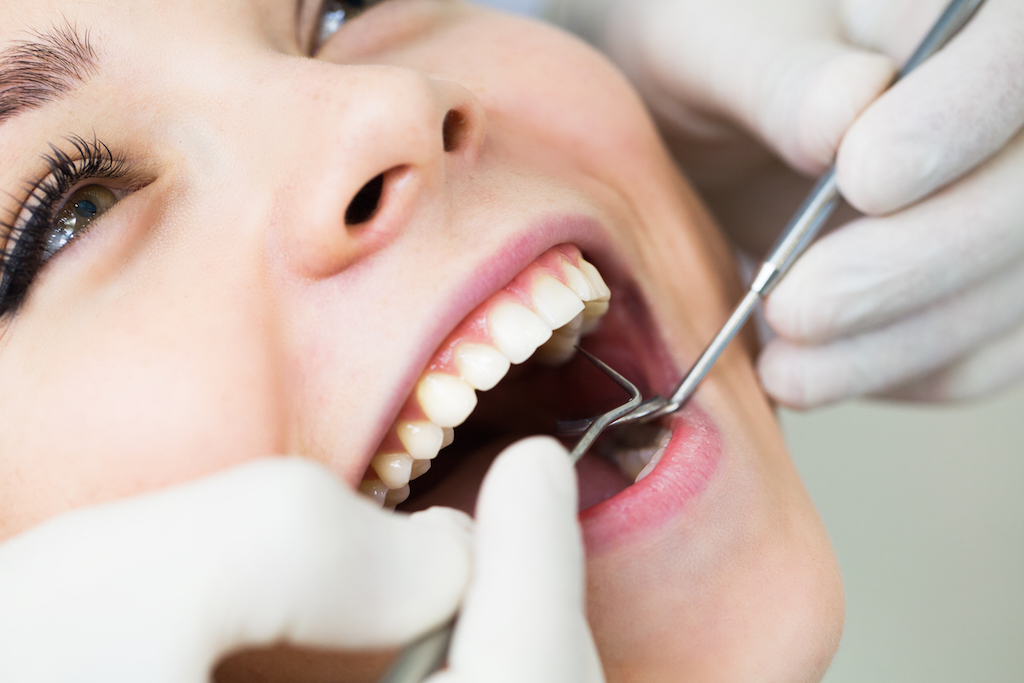
Haute Beauty: What are clear aligners?
Rhonda Kalasho: Clear aligners are used to orthodontically move and shift teeth to correct several issues, including overbites, crowding, underbites, crossbites, and more. They use patented technology and pressure points within the tray to allow tooth movement safely and effectively.
HB: Which patients qualify for this treatment?
RK: Many patients can qualify for clear aligners, as the technology has developed so much, that we have been able to even correct crossbites, and excessive under and overbites with the treatment.
HB: How does this treatment compare to traditional braces?
RK: Patients love clear aligners, because unlike traditional braces you can remove your trays to eat, and brush and floss. It is convenient and a lot easier to manage. There is also less pain associated with clear aligners as the movement of the teeth is not as forceful.
HB: What are the benefits of braces?
RK: The greatest quality of clear aligners is that you can remove them, however for some, this may not be the greatest asset and in fact, a downside. Clear Aligners only work when there are in your mouth, and for some, it is hard to remember to put them back in, therefore the benefit to braces is that you cannot take it out, and therefore you don’t have to worry about losing them. Braces also are great in combination with heavy long spanning movements that require more rigidity and support.
HB: Which patients would you recommend braces to?
RK: Young teens and children, as well as adults who may need a lot of movement of their teeth, would benefit from traditional braces. Young teens and children are more inclined to lose clear aligners. There are also braces options that are less visible that can be done, for instance, clear brackets.
HB: Which treatment is easier to maintain?
RK: Clear aligners generally leave the patient with the ability to have better controlled oral care, as brushing and flossing is a lot easier. Traditional braces have its issue of causing gum disease when it is not well maintained.
HB: Which treatment provides quicker results?
RK: Generally clear aligners are known to work a bit faster than traditional braces, and with less pain, however, braces still hold a lot of efficacy in movement, even if it is not as fast as a clear aligner.







